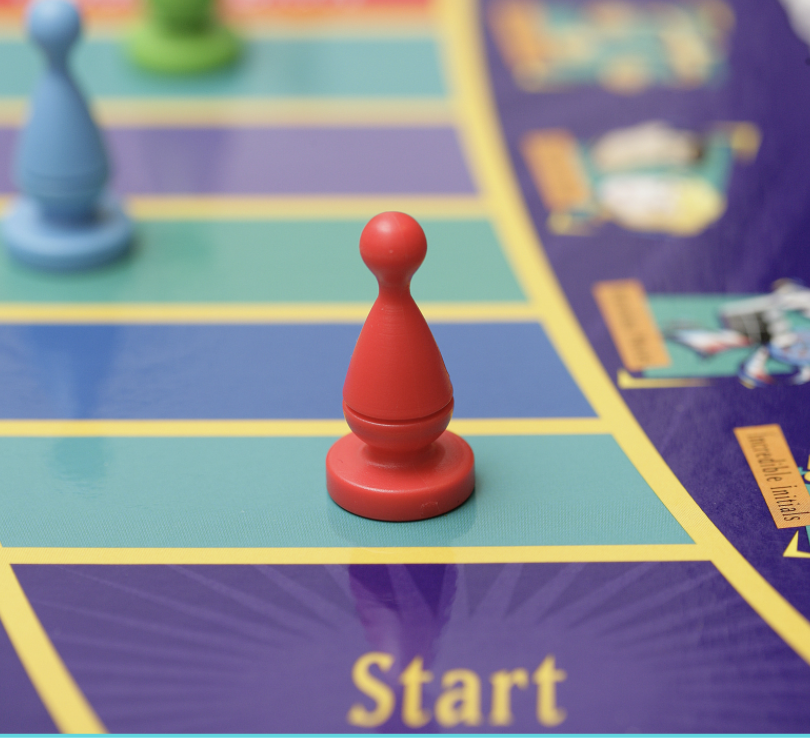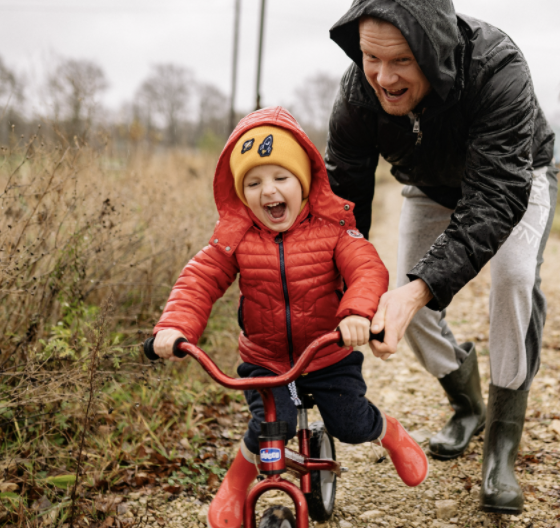Zero to One: Four Scripts to Spark the Community Design Process

Did You Know? Starting a community in a group setting is harder than doing it on your own.
Hear me out.
You need people, right? Absolutely! Moving from zero to community is already difficult.
But at the start, more people can make things more challenging.
The issue is there’s no shared path forward.
Everyone is talking about community, but when you drill down to it we all have different community experiences, history, and expectations. In order to start, we need to all be operating in the same space.
Enter the Community Script, a handy resource to help coworkers, supervisors, consultants, and even friends to connect and build together.
Communities are greater than the sum of their parts.
Building a living thing is no small task. Literally. It’s tempting at the outset to treat building community as a software project. Breaking steps into smaller parts and creating tasks. Defining line items and due dates.
That’s not going to work; it’s just what your comfortable with.
Communities need an overarching narrative and shared experience in order to be successful. Communities need a Why and a Why Me.
Scripts help to connect the founding process with the community outcome by aligning participants with a shared perspective that everyone can relate to.

The Video Game Script
Use Case: This script helps participants to create a complete members journey from start to finish.
Focal Point: Choose or define a shared video game experience to discuss.
Perspective: This script forces founders to put themselves in the position of the customer. The customer is the hero in this journey.
Details: There is a main character and they have a particular mission to achieve. The mission is clear, but it won’t be easy. There is a path forward, but the map isn’t always clear. There are different levels of experience that the character needs to earn in order to be successful. There are opportunities for the character to use equipment or modifications to accelerate progress through financial or experiential needs.

The Board Game Script
Use Case: This script empowers participants to outline a group path for the community, This is great when building for cohorts or small groups.
Focal Point: Choose a shared board game experience that aligns with the community ideal.
Perspective: This script is also journey-focused, but with a few twists. There is the simultaneous experience of the other players (we play board games together), the concepts of strategy, and often chance.
Details: The group starts together, but not all will progress at the same pace. There is a shared roadmap -- it’s clear with it takes to get from the start to the finish. Along the way, participants earn points / money / skills as they advance. The game is over when participants finish.

The Ride A Bike Script
Use Case: This script helps founders working to build a community from a knowledge acquisition perspective.
Focal Point: Once you learn to ride a bike, you can go places and do things like ride off wicked awesome jumps.
Perspective: In this case, the customer joins in order to learn a skill and then have an opportunity to practice or implement it.
Details: Customers show up on their own to learn something very specific. This is often independent of the community. The community experience can focus on mentoring or supporting participants. After the skill is acquired, the community is a space where participants can practice, take part in challenges, graduate or support new members.
The Karate Kid Script
Use Case: This script helps founders convert an individual experience into something applicable (and accessible) to others.
Focal Point: The Karate Kid or a similar underdog-to-hero movie.
Perspective: The customer joins for support in dealing with a particular challenge. The community experience should help customers achieve the hero’s outcome.
Details: The customer has experienced a setback, challenge, etc., and is on a mission to level up and get back on track. This experience typically combines spaces for users to explore their dilemmas and to develop the skills and confidence to take the next big step in their journey. Experts or mentors are not required but could be included if it fits the specific situation.
Conclusion
These are some of the most effective scripts I use, but I encourage you to use or build your own.
Regardless of where you start with your community, there should be a level of shared intentionality or structure. It helps you design something together that your future members will intuitively understand.
A good community design process creates alignment between your intentions and the expectations of your members. Build once, grow right!
